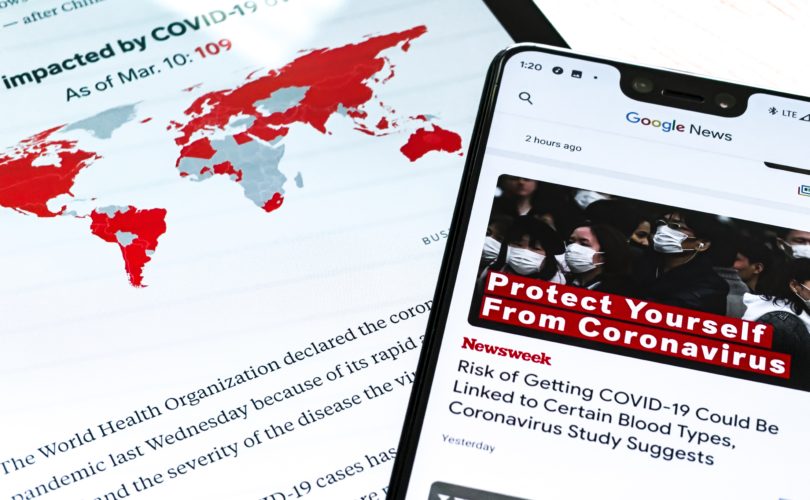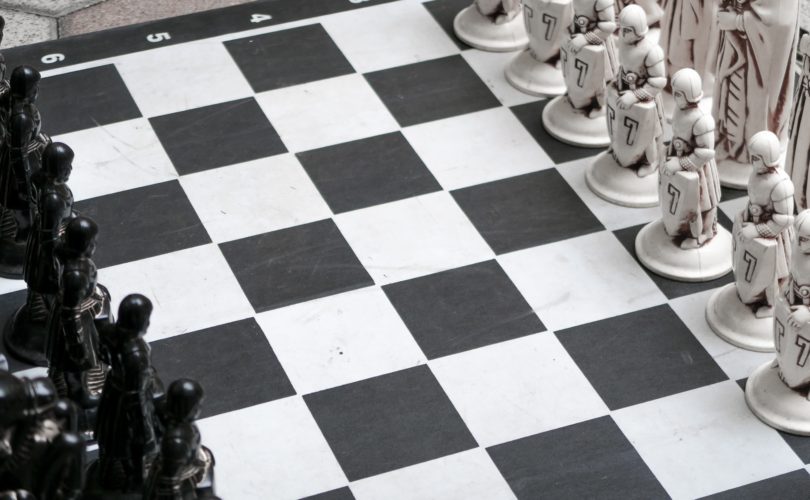No too long ago a BBC article cause a good deal of discussion among #TherapistTwitter and generated some rather strong opinions. As AI platforms evolve and become more a part of our daily lives, it’s natural to ask the question: what’s possible next? Could an AI bot replace a therapist? The idea put forth in the article above seems on its face rather simple: therapy is talking, right? And AI chatbots talk, so… The discussion on Twitter was rather lively and while ordinarily I let these moments pass with relatively little remark, this point got me thinking: Are we really moving toward therapists being replaced by AI?
How People Change
Without fail I have a steady stream of clients, usually men, begin therapy with the assertion that they need to “know what’s wrong with them” so they can “figure out what they have to do to fix it”. I absolutely understand where this comes from for us. A quick stroll around any bookstore will eventually land you in an entire section devoted to just that. There’s an implicit belief that inner work is largely like working on a machine. If that were the case though, the self help section would have put the mental healthcare field out of business a long time ago.
Therapy is not the exchange of information, although it certainly involves as much. Therapy is a particular kind of relationship. It’s a relationship marked by specific qualities like empathy and genuineness and it acts as a kind of proving ground for all the relational dynamics that happen “out there in the wild”. The therapist can be a helpful guide on this journey, having (hopefully!) done their own work and being able to connect as a fellow human being.
Our Culture’s Intimacy Problem
It’s a bit alarming how the past decade or so has seen our culture becoming both more disconnected at a basic human level and more polarized. It’s as though we’re ready for a fight at any moment on the one hand and losing our capacity to connect meaningfully with each other in a way that could repair and build positive relationships on the other. What’s more is that we’ve replaced a significant amount of basic day-to-day human interaction with electronic interaction instead.
I’ve heard some voice concerns about being judged in therapy which an AI bot wouldn’t do or that a bot would always respond in an affirming and more emotionally safe way. The irony of feeling as though a robot could be more helpful or emotionally or relationally safer for therapy than a real human being is that, what such a person would need to heal in the first place is a safe human relationship. The repair to needing and not having had safe human connection is safety, not removing the human.
One psychologist, Jonathan Shedler illustrated the point rather succinctly:
We don’t need more “almost relationships” we need more actual human relating
Course Correcting
What we desperately need is more actual connection, with our own humanity and with others’. There’s a concept I talk about a lot, this idea of the I/Thou relationship. That is, a relationship marked by openness, curiosity, and acceptance. It’s a relationship where you do not exist in terms of what you do for me or what you say about me, you simply exist as you are and I exist as I am as we learn one another. It’s one of the qualities that makes a therapeutic relationship successful and an element sorely absent in much of our culture.
We tend to find narratives to fit people into or think about our relationships in terms of how the other person meets our needs or what they do for us. Don’t misunderstand me, having your needs met is important in any relationship; but it can’t be the sole filter through which we experience someone. The AI therapy question is an important one and one that won’t go away quickly but it also points us to a deeper discussion that needs to take place. A discussion about what it means to connect with our own humanity and the humanity of those around us at a core level; and the risks of not doing so.


